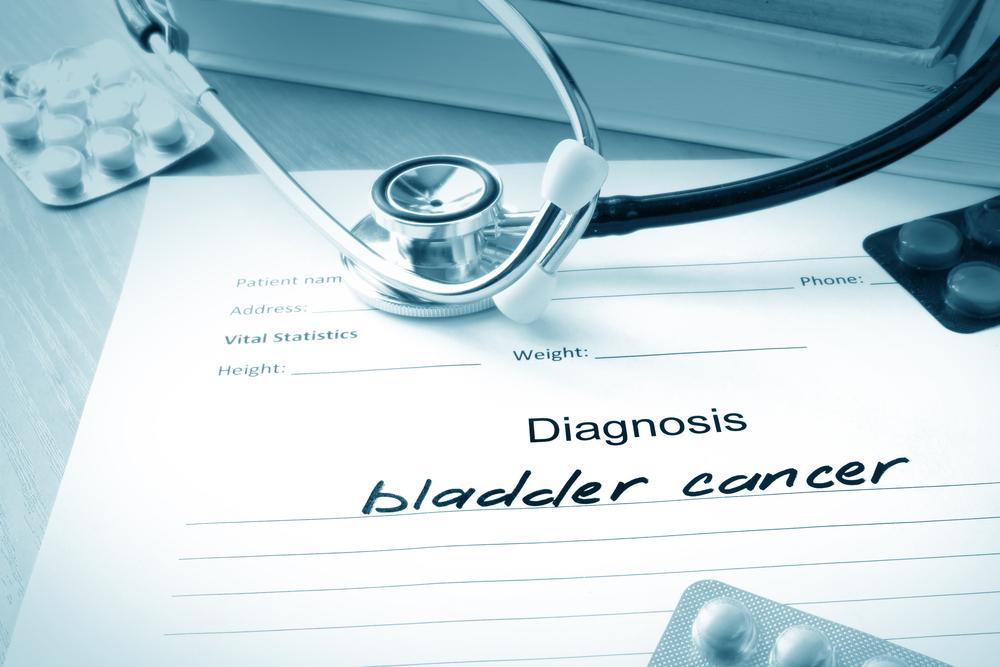The Common Causes of Bladder Cancer
Medical professionals look for a number of risk factors when diagnosing any serious health condition or disease. To diagnose bladder cancer or any type of cancer, a doctor will examine the patient’s complete personal health history (i.e., family history of the disease, lifestyle factors, age, gender, etc.) to determine if a risk of bladder cancer exists.
Even if you have one or several risk factors for bladder cancer, it doesn’t necessarily mean you will develop the disease. The same is true for patients with no risks; they can still develop bladder cancer. Also, there are certain risk factors for bladder cancer that you can and cannot change.

Bladder cancer risks beyond your control include:
History of chemotherapy or radiation
Patients who have a history of radiation treatments, particularly directed at the pelvis, have a higher risk of developing bladder cancer, according to the American Cancer Society. Individuals who have undergone long-term chemotherapy treatments with the drug cyclophosphamide (or Cytoxan) are prone to bladder irritation and considered an increased risk of bladder cancer.
Birth defects of the bladder
Certain uncontrollable defects that exist before birth can also increase an individual’s risk of developing bladder cancer later in life.
Age, gender, and ethnicity
Men have a higher risk of developing bladder cancer compared to women, according to statistics from the National Institutes of Health, and risk increases in male patients 55-years or older. Also, older men of caucasian descent have double the chances of developing bladder cancer compared to patients of Hispanic and African American descent.
Family history
If you have a family member with bladder cancer in your history, your risk is considered higher. Shared genes (i.e., GST and NAT) and gene mutations (i.e., RB1, PTEN or Cowden disease, and HNPCC or Lynch syndrome) are also linked to a higher risk of certain cancers, including bladder, urinary tract, and thyroid cancer. Keep in mind that a personal history of urinary tract cancer, kidney stones, or infections like Schistosomiasis will also lead to an increased risk of bladder cancer.
The risk of bladder cancer can be reduced through the following measures:
- Proper hydration
Research indicates that individuals who are well hydrated have a lower risk of bladder cancer. So drink plenty of water, and other fluids, to increase urination and your body’s natural detoxifying process. - Quit smoking
Smoking is linked to several types of cancer, so it’s no surprise that this habit contributes to roughly 50-percent of bladder cancer cases. - Avoid certain medicines or herbal supplements
Medical professionals, including the US Food and Drug Administration (FDA), have pinpointed several prescription medications and supplements as culprits that increase the risk of bladder cancer. Diabetics who take the medication pioglitazone (or Actos) for longer than a year increase their risk of bladder cancer. Also, supplements that contain aristolochic acid cause a higher risk of developing urothelial cancers. - Beware of chemical exposure
If you work with or around paint products, leather, cigarette smoke, hair dye, diesel fumes, rubber, or chemicals such as benzidine and beta-naphthylamine, you may have an increased risk of bladder cancer. Workers in the trucking, painting, machining, hairdressing, and printing fields are considered to be at increased risk.

